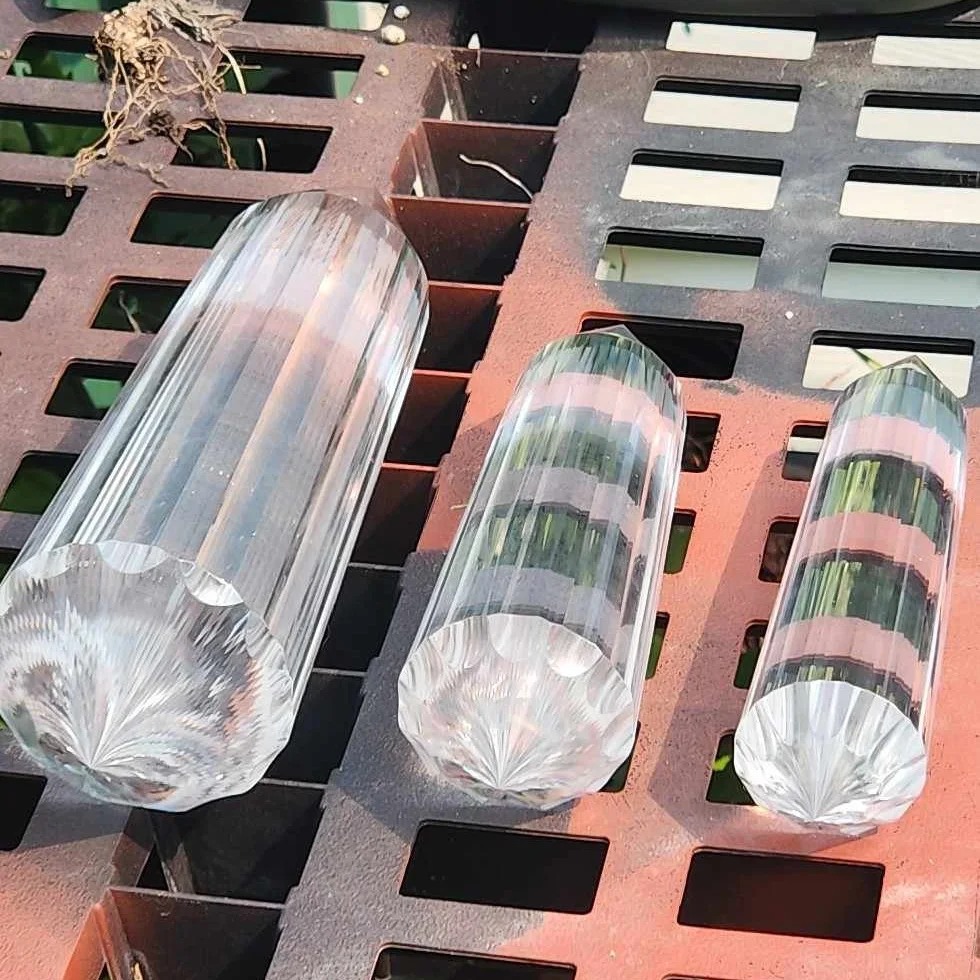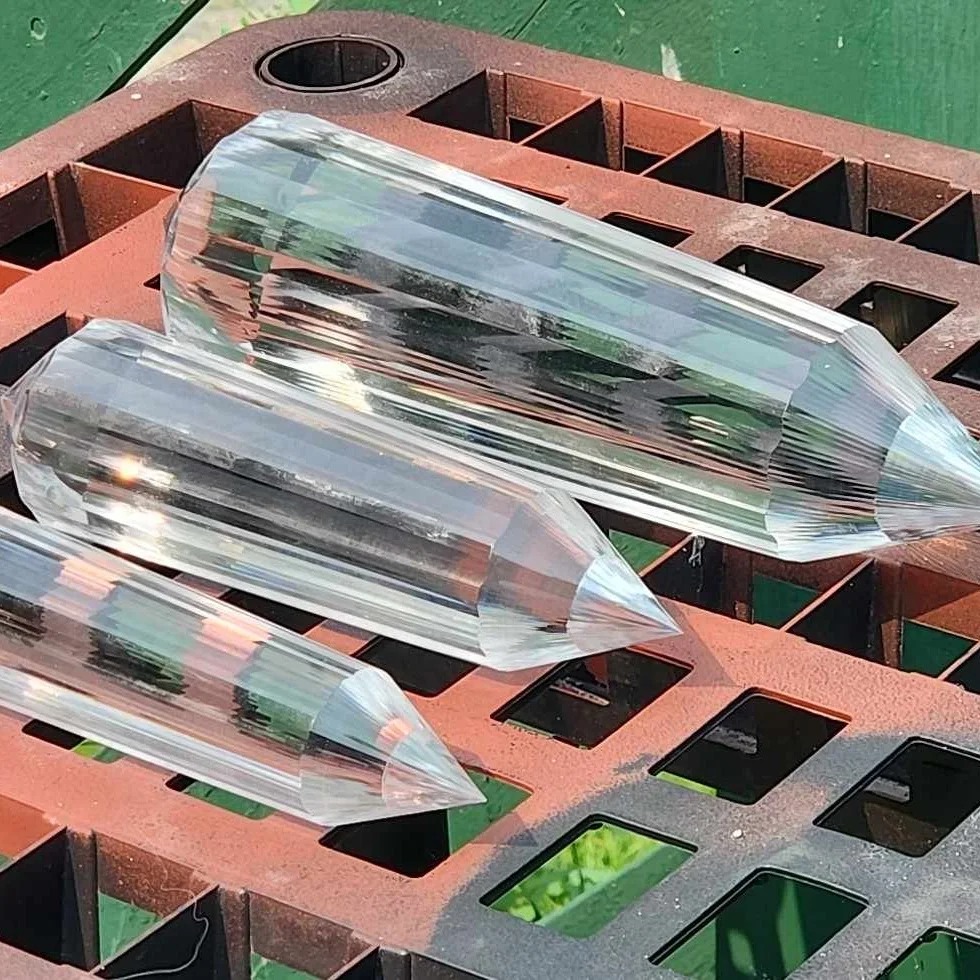Hydrotherapy

Hydrotherapy
Hydrotherapy, also known as water therapy, is a traditional healing practice that harnesses the therapeutic power of water. This holistic modality utilizes various water temperatures, pressures, and delivery methods to promote physical healing, mental relaxation, and overall well-being. With a long history dating back to ancient civilizations, hydrotherapy has been rediscovered as a valuable tool within the world of holistic wellness.
What is Hydrotherapy?
Hydrotherapy encompasses a broad range of techniques leveraging water in different states — hot, cold, or neutral — and varied applications including baths, pools, jets, compresses, and saunas. Each form of hydrotherapy offers unique physical and mental effects, depending on the specific water temperature and method utilized.
How Can Hydrotherapy Help You?
Hydrotherapy can offer benefits in various contexts:
- Pain Management: Hydrotherapy techniques provide relief for musculoskeletal pain, arthritis, and other painful conditions.
- Stress Reduction and Relaxation: Soaking in warm water or utilizing hydro-massage can promote deep relaxation and alleviate stress or anxiety.
- Improved Circulation: Hydrotherapy can boost circulatory health and support detoxification processes.
- Physical Rehabilitation: Hydrotherapy is used in physical therapy for injuries, improving range of motion, and strengthening muscles.
What is Hydrotherapy Good For?
Individuals may seek hydrotherapy to address:
- Chronic Pain: Hydrotherapy can be a natural complement to pain management programs for various chronic pain conditions. Research suggests that hydrotherapy, particularly warm water immersion and contrast therapy (alternating hot and cold water exposure), can be effective in managing pain associated with fibromyalgia, arthritis, and lower back pain. The warm water helps relax muscles and reduce stiffness, while contrast therapy may improve circulation and reduce inflammation.
- Muscle Soreness and Recovery: Athletes and those experiencing muscle tension can benefit from hydrotherapy’s muscle-relaxing properties. Immersion in warm water or the application of warm compresses can ease muscle tension and promote post-workout recovery. Hydrotherapy may also help reduce inflammation and improve range of motion, facilitating a faster recovery process.
- Stress and Anxiety: Hydrotherapy offers a powerful tool for stress reduction and relaxation. The warmth and buoyancy of water can create a sense of security and promote deep relaxation, helping to alleviate symptoms of anxiety and improve overall mood. Additionally, hydrotherapy can help regulate the nervous system, reducing stress hormone levels and promoting a more balanced state.
- Sleep Improvement: Warm water immersion associated with hydrotherapy can promote better sleep patterns. Studies have shown that taking a warm bath before bed can help regulate body temperature, a key factor in sleep initiation and maintenance. Additionally, the relaxation induced by hydrotherapy can improve sleep quality and reduce sleep disturbances.
- Overall Well-being: Hydrotherapy supports general health through enhancing relaxation and immune function. By reducing stress and promoting relaxation, hydrotherapy can positively impact the body’s overall well-being. Additionally, some studies suggest that hydrotherapy may help boost the immune system, potentially aiding the body in fighting off illness.
Benefits of Hydrotherapy
Potential benefits of utilizing hydrotherapy include:
- Reduced Pain and Inflammation: Hydrotherapy reduces pain, muscle spasms and promotes tissue healing.
- Increased Mobility and Flexibility: Hydrotherapy facilitates movement and reduces stiffness, particularly when used alongside physical therapy.
- Stress Relief and Mood Boost: Immersion in warm water can trigger relaxation responses, decrease cortisol levels, and enhance mood.
- Improved Cardiovascular Health: Hydrotherapy may positively impact blood pressure, heart rate, and overall cardiovascular function.
- Enhancing Detoxification: Exposure to hot and cold water can promote circulation, and lymphatic drainage, supporting the body’s detoxification systems.
What to Expect from Hydrotherapy with a Practitioner
Depending on your needs, hydrotherapy may be administered by a variety of practitioners:
- Physical Therapists: Often utilize hydrotherapy in specialized pools for rehabilitation and pain management.
- Massage Therapists: May incorporate hydrotherapy techniques such as warm compresses or contrast baths alongside massage.
- Spa Professionals: Administer various hydrotherapy treatments in specialized hydrotherapy baths, tubs, and showers.
Similar Modalities to Hydrotherapy
Other holistic practices with overlapping benefits include:
- Thermotherapy: Use of heat for pain relief and relaxation.
- Cryotherapy: Utilizing cold temperatures for therapeutic purposes.
- Aquatic Exercise: Incorporates movement and exercise in water, often used in conjunction with hydrotherapy for rehabilitation.
- Watsu: Water shiatsu massage combining stretching and relaxation while floating in warm water.
Final Thoughts
Hydrotherapy is a versatile and accessible holistic modality harnessing the healing properties of water. Whether for pain relief, physical rehabilitation, relaxation, or overall well-being, hydrotherapy offers a unique approach to supporting both physical and mental health. When considering hydrotherapy, consultation with a qualified practitioner can ensure personalized treatment plans and optimal benefits.
Scientific References
- Mooventhan, A., & Nivethitha, L. (2014). Scientific Evidence for the Use of Hydrotherapy in Various Fields of Medicine. International Journal of Physiotherapy and Research, 2(5), 1089-1096. [DOI: 10.16965/ijpr.2014.572]
- Verhagen, A. P., Bierma-Zeinstra, S. M. A., Boers, M., Cardoso, J. R., Lamb, S. E., de Bie, R. A., & de Vet, H. C. W. (2015). Balneotherapy (or spa therapy) for rheumatoid arthritis. Cochrane Database of Systematic Reviews. (10), CD006864. [DOI: 10.1002/14651858.CD006864.pub3]
- Shephard, R. J. (2000). Exercise and training to optimize functional ability in the elderly. In R. J. Shephard, PO Astrand, & K. Rodahl (Eds.), Textbook of work physiology: Physiological bases of exercise, (4th ed., pp. 645–672). McGraw-Hill.
Recommended Reading
- Aquatic Exercise and Rehabilitation by Christopher R. Levi
- Water Cure: An Introduction to Hydrotherapy by Sebastian Kneipp
- Clinical Hydrotherapy: A Practical Guide by Sidney Licht
FAQ: Hydrotherapy
What is hydrotherapy?
Hydrotherapy is a therapeutic practice that uses water in various forms (hot, cold, steam, ice) to relieve pain, improve circulation, and promote relaxation and healing.
What are the benefits of hydrotherapy?
Hydrotherapy can reduce muscle tension, alleviate pain, improve circulation, boost the immune system, and promote relaxation and stress relief.
Is hydrotherapy safe for everyone?
Hydrotherapy is generally safe, but it’s important to consult with a healthcare provider before starting, especially if you have medical conditions like heart disease, respiratory issues, or circulatory problems.
How is hydrotherapy administered?
Hydrotherapy can be administered through various methods, including baths, saunas, steam rooms, compresses, and aquatic exercises, depending on the treatment goals.
Can hydrotherapy help with chronic pain?
Yes, hydrotherapy is often used to manage chronic pain conditions like arthritis, fibromyalgia, and back pain by reducing inflammation, improving mobility, and providing pain relief.
Related Practitioners
Helena Fleming B.A., M.A. LIC I.S.H, RHOM
HOMEOPATHY & BIORESONANCE
- 3 Meadowbrook, Tulsk, Co. Roscommon, F45 FH97, Ireland
- (678) 210-5270
I am a homeopath and bioresonance practitioner with 27 years experience. I combine a classical approach to homeopathy with state-of-the-art… Read More





















